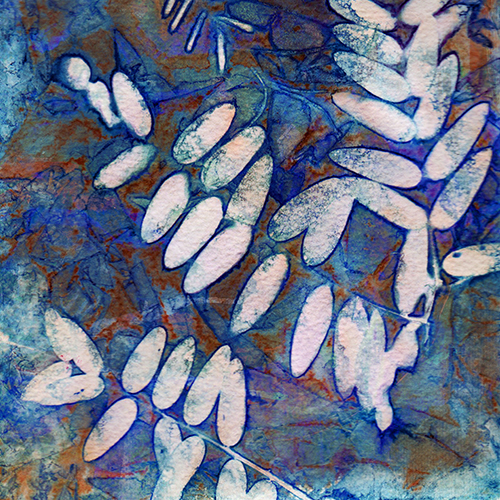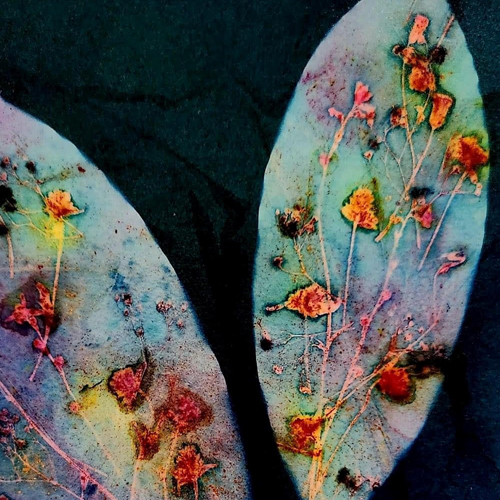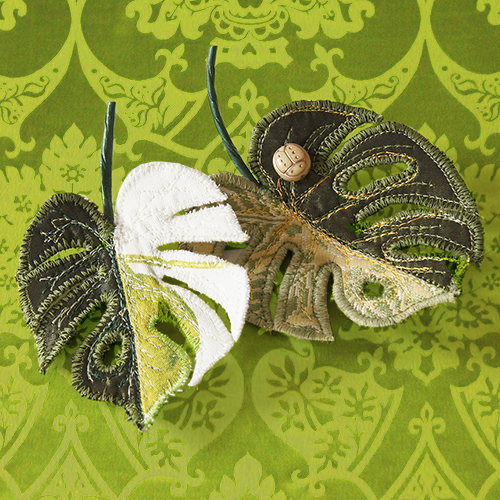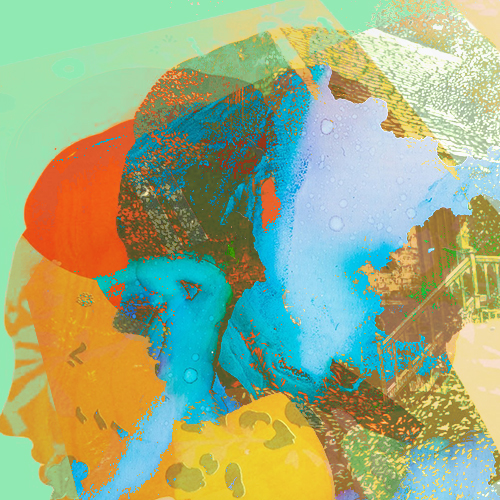Moirai Cleaver
Moirai Cleaver
Poetry
by Merilyn Chang
i.
No one told Herrera that strings could be tuned like this
a ‘D’ where where the ‘E’ once was
steel strings that ring like church bells when you hold the silver fret
She wants to have a fountain in the garden that grows grey and green with moss in decades time Willow trees whose fingers never touch grass
There’s always just enough space
She tells Peter over lunch
The bumbling kind of fountain that pulls from an endless well of water
Not still water, the kind that comes from underground
And pebbles in the basin—stones around the side
This is a fountain Eros will never see
though some say he lingers in the edges of the tide pool, only in the reflections You can’t see him, but hear him coo
soft like moss, hard like rain
kiss the water, fall, no shame
Herrera’s reflection distorted in the spoon
she cracks on the burnt sugar of their creme brulee
I couldn’t really love you anymore. Peter says.
You’ve become my ceiling.*
ii.
The construction of the fountain took 10 years
of which Herrara grew creases at the edges of eyes, white hairs plucked like weeds from her scalp when she looked in the mirrors.
She could never find the right amount of pebbles
that wouldn’t send water spilling over the edges in the summer
She stopped peering into the well too
—the last thing Peter left for her
Aging is only fun until people stop looking at you in the aisles of grocery stores And you remember how sweet it felt to coax the gaze of strangers
who wondered how you were in bed
She dines by the fountain weekly,
Visits by Peter were never so welcome as when she had no more visitors
iii.
In the lobby of a gas station,
Buicks blasting Springsteen and Dylan
Mud-towed and covered in a layer of snow and dirty rain,
Pelma’s car pulls in
She asks for gas and the 99cent slot machine at the back corner of the shop
Once for kicks, twice for luck
She bets two bucks and pays the rest to fill her tank
Cigarette in hand, she waits to light.
You see that house with the fountain out West?
It’s that kind you pity-build
They never turn of their lights,
If it’s never dark, then the day never ends.
Pack of Malboro 27’s please
Cash. that’s all I got.
iv.
Imagine. Close your eyes. He is standing too close to touch
You can only stick your tongue out and—
In the summer your skin is cool, pools of sweat gather in the nooks of your arms wrapped around her waist,
moving incrementally so it never gets too wet in the skin on skin
Decades later there will be a well that she calls a fountain
on your lawn
And you will almost forget desire
You will almost forget that once,
You would have driven cattle through a butcher shop to touch her face
The things you miss, because missing is your favorite thing to feel
that is to say
You don’t know longing without first knowing joy
Look at the light on the water, this means the strings are in ‘D’ again
Tell her to press down with her fingers,
The fault-line sliced in her arm by a steak knife
The blood will run dry, and powder her eyes,
She needs to look pretty for this moment
She hears the tune from the strings that are beside the fountain, the same strings that are in ‘D’, pushed by a man who doesn’t know how to use the strings, only says he does because who can’t play an open ‘D’. And who doesn’t like to pretend.
This could grow flowers
She says.
(and the pain! oh!)
I’m on the other side of it now!
*Manchester Orchestra – ‘The Gold’
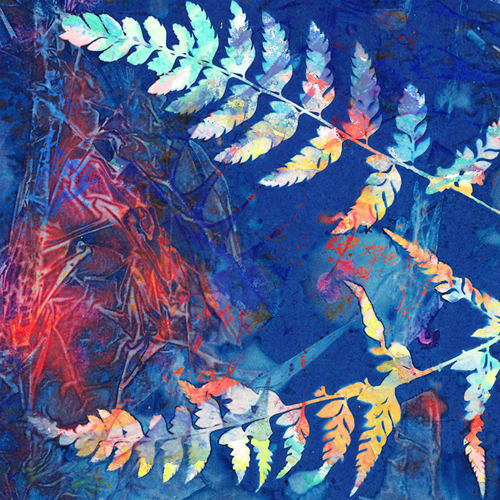
About the Author
Merilyn is a journalist and digital media manager based between New York and Berlin. She’s studied comparative literature and creative writing for her bachelor’s and has since been working on her first novel.
About the Artist
Kate Horsley’s illustrations are made from a combination of collage, ink and watercolour paintings and fabric. She has taught photography workshops for a number of years in the UK and France, specialising in alternative processes like wet cyanotype, wetplate collodion, gum bichromate and polaroid emulsion lifts. Kate’s main subject-matter is the natural world and she experiments with handmade botanical inks, prints on birch bark, hand-coloured images, and prints made from leaves, flowers and grasses. Visit Kate’s website here.


